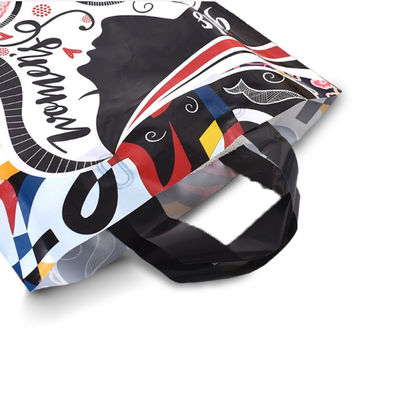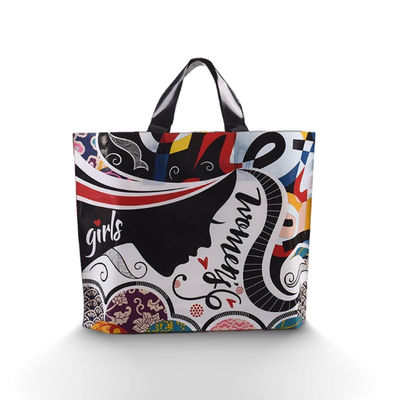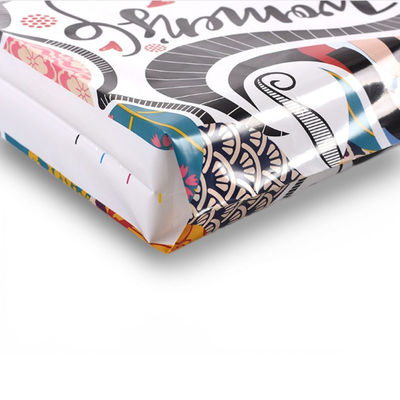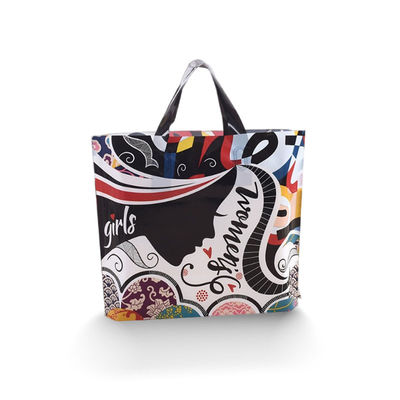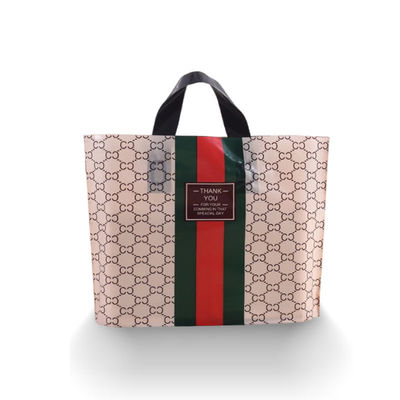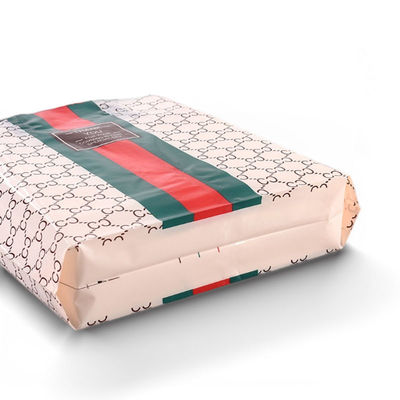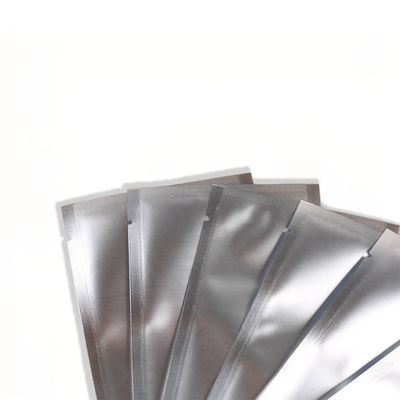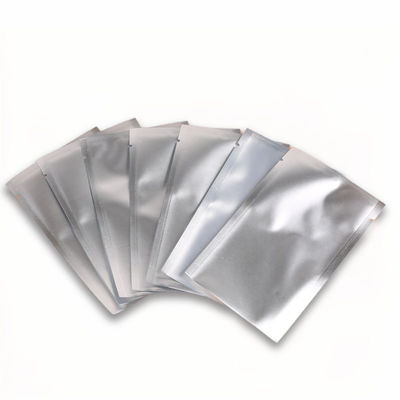Plastic Packaging Printing Bag - Customizable, Lightweight
Plastic shopping bags Description
Plastic shopping bags are primarily made from polyethylene, which is a durable and flexible plastic polymer. High-density polyethylene (HDPE) and low-density polyethylene (LDPE) are commonly used for manufacturing these bags.
Plastic shopping bags Features
Cost-Effective: Plastic shopping bags are relatively inexpensive to produce, which contributes to their widespread use in retail environments. Their affordability makes them a cost-effective packaging option for retailers.
Waste Management and Recycling: Plastic shopping bags can be repurposed for waste management and recycling purposes. They are commonly used as liners for small trash bins or as containers for recyclable materials like paper, plastic, or glass.
| Application: |
Supermarket, Hypermarket Use |
| Durability: |
Strong, Tear-resistant |
| Logo: |
OEM |
| Sealing: |
Three-sided Sealing |
| Customization: |
Size, Color, Printing, Handle Type |
| Eco-Friendly: |
Recyclable, Reusable |
| Material: |
Plastic |
| Size: |
Small, Medium, Large |
What can I do to reduce plastic bag waste?
1. To reduce plastic bag waste, consider adopting the following practices:
2. Bring reusable bags when shopping.
3. Opt for paper bags or other eco-friendly alternatives when available.
4. Recycle plastic bags when possible, following local recycling guidelines.
5. Reduce overall consumption by being mindful of bag usage and making conscious choices to minimize waste.

Faqs
Here are some frequently asked questions (FAQs) about plastic shopping bags:
Q1: Are plastic shopping bags recyclable?
A1: Yes, many plastic shopping bags can be recycled. However, the ability to recycle them depends on local recycling facilities and programs. It's important to check with your local recycling guidelines to determine if plastic bags are accepted and if any specific instructions need to be followed, such as bag collection points or requirements to separate them from other recyclables.
Q2: How long does it take for plastic shopping bags to decompose?
A2: Plastic shopping bags can take hundreds of years to decompose in the environment. Due to their composition and resistance to natural degradation processes, they persist in landfills and can contribute to pollution if not properly managed.
Q3: What are some alternatives to plastic shopping bags?
A3: There are several alternatives to plastic shopping bags, including reusable bags made from materials like cotton, canvas, jute, or recycled materials. These reusable bags are sturdier, can be used multiple times, and help reduce the consumption of single-use plastic bags. Additionally, paper bags are another option, although they have their own environmental considerations related to resource consumption and production impacts.
Q4: Why are plastic shopping bags a concern for the environment?
A4: Plastic shopping bags pose environmental concerns due to their persistence in the environment, potential for littering, and impacts on wildlife. Improper disposal of plastic bags can result in them ending up in waterways or natural habitats, where they can harm marine life and other animals. Additionally, the production of plastic bags contributes to the consumption of fossil fuels and the emission of greenhouse gases.
Q5: Are there any regulations regarding plastic shopping bags?
A5: Regulations regarding plastic shopping bags vary by region and country. Some areas have implemented measures to reduce the use of single-use plastic bags, such as imposing fees, implementing bans, or promoting reusable alternatives. It's important to stay informed about local regulations and support initiatives aimed at reducing plastic waste.

 Your message must be between 20-3,000 characters!
Your message must be between 20-3,000 characters! Please check your E-mail!
Please check your E-mail!  Your message must be between 20-3,000 characters!
Your message must be between 20-3,000 characters! Please check your E-mail!
Please check your E-mail! 











